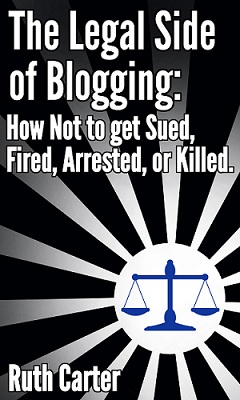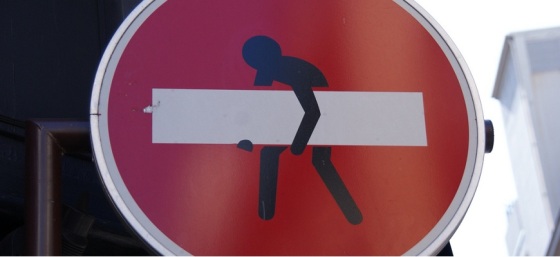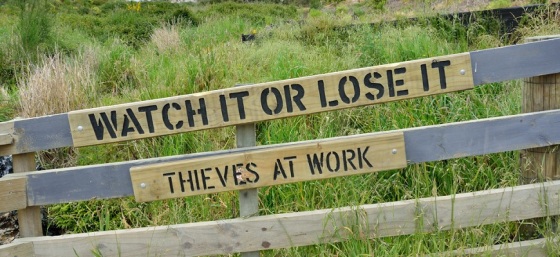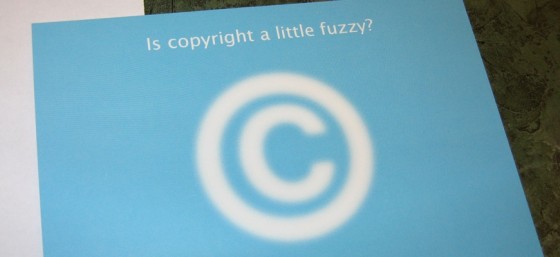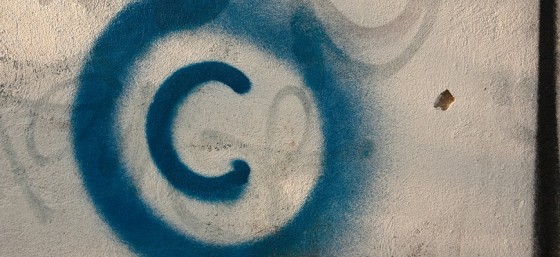A few people sent me links to articles about Richard Prince’s art show called “New Portraits” at Gagosian gallery. He took screen shots of other people’s Instagram photos, added one comment, and is selling them for $100,000 each. From what I’ve read, he never asked any of the Instagram users for permission to use their images and they aren’t getting any of the profits from the sales.
Apparently Prince has done things like this before – taking others’ work, altering it, and selling it. According to reports, he’s been challenged in court and won in previous situations. (Fair use is a portion of the copyright law that allows others to build on other’s work in original ways, like adding commentary, creating a parody, or making new artistic statements.) Prince’s history of being victorious in the courtroom might make these Instagram users hesitate to bring a lawsuit against him now, but I’m not convinced they would lose.
There is no cut-and-dry, black-and-white mathematical equation that will definitively show whether what a person did constitutes fair use or copyright infringement. That is up to a court to decide based on the merits of the case. The court can consider any evidence it wants in these situations, but there are four main fair use factors. I created an acronym of the fair use factors when I spoke at Phoenix Comicon last year on fan art and copyright. The acronym for the fair use factors is PAIN:
P = Purpose and character of your use
A = Amount of the original used
I = Impact on the market
N = Nature of the work you copied
Here’s my take on how the fair use factors apply to this situation:
- P (Purpose): Prince used others’ work for a commercial purpose (to make money) and didn’t transform the originals except to add a single comment to each one and create a collection. (Does not favor Fair Use)
- A (Amount): Prince took screen shots of each user’s Instagram profile and used an entire photo. (Does not favor Fair Use)
- I (Impact on the market): As far as I know, Prince is the only person currently selling these images, but the fact that he’s selling them could impact the original artists’ ability to sell their work. The fact that Prince is selling these prints doesn’t change whether these images are available to view the original images online. (Weak argument for finding Fair Use at best)
- N (Nature of copied work): Prince took images from a social media platform and created “art.” There might be an argument that the audience that would seek these images out online is different than an audience who would be interested in Prince’s work. (Weak argument for finding Fair Use.)
Do I think this is fair use? No, but I’m not the judge in this situation. We won’t know for certain until and unless the Instagram users’ whose photos were used in Prince’s work bring lawsuits against him for copyright infringement. I suspect many or all of these photos are “selfies” so these individuals may have a claim against him for commercializing their images without consent as well as a copyright infringement case.
Remember, fair use is a defense, not a permission slip. If these users sue for copyright infringement, Richard Prince would have the burden of showing that what he did was sufficient to qualify for fair use.
Fair use cases are usually complicated. If you want to chat more about fair use and copyright, please contact me directly or connect with me on social media via Twitter, Facebook, YouTube, or LinkedIn.
More articles about this situation:
Artist Steals Instagram Photos & Sells Them For $100K At NYC Gallery
Richard Prince Sucks



